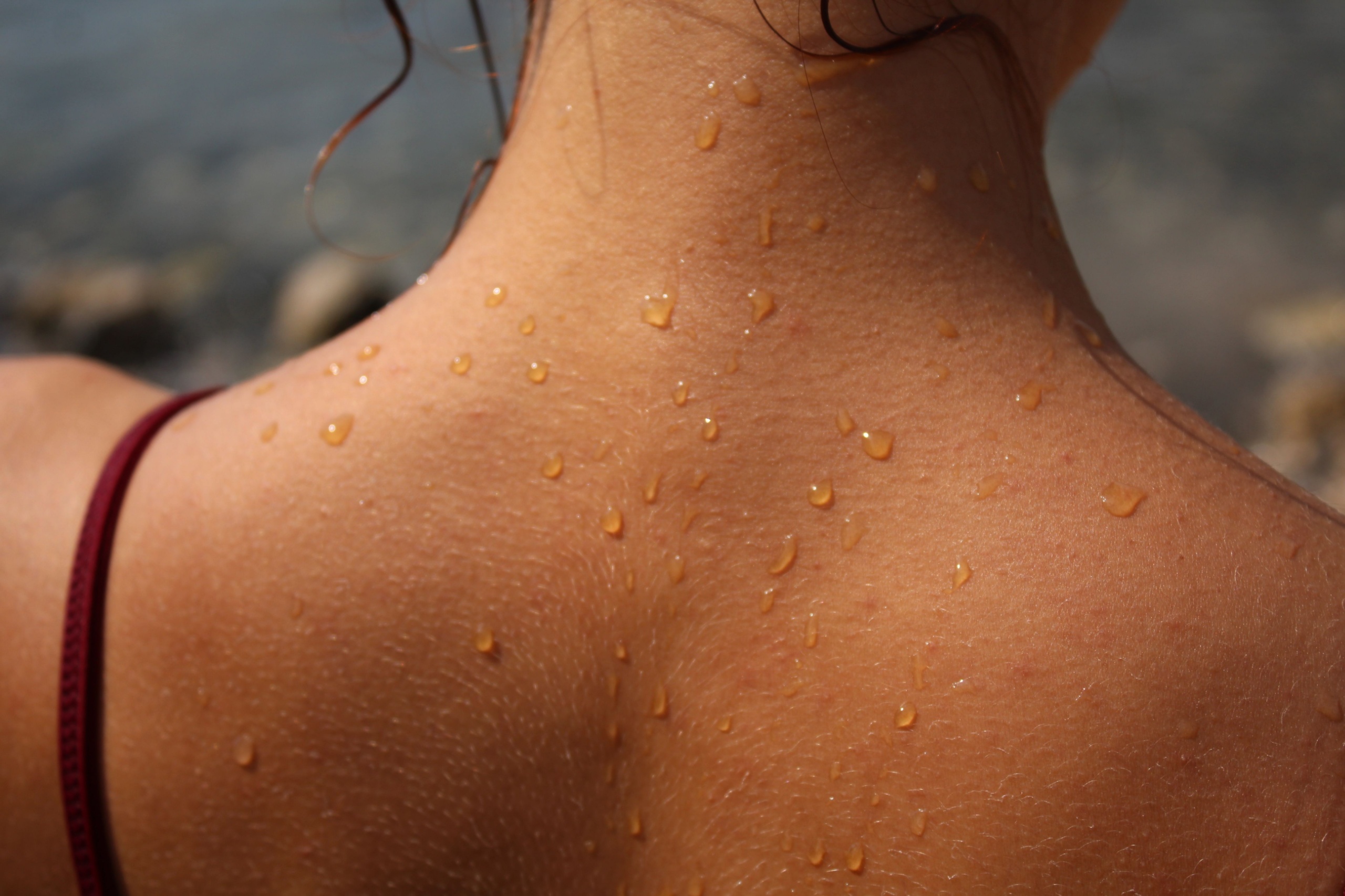
Skin cancer is the most common type of cancer in the United States—and yet, it’s also one of the most preventable and treatable when caught early. One of the most effective ways to detect skin cancer early is through regular skin cancer screenings.
Many people are unsure of how often to get screened or when it’s necessary to see a dermatologist for an exam. Understanding your individual risk factors and staying proactive can make a life-saving difference.
Why Skin Cancer Screenings Are Important
A skin cancer screening is a non-invasive examination performed by a dermatologist, such as Dr. Hedayati, to check your skin for suspicious moles, spots, or lesions that may indicate early signs of skin cancer. Because skin cancer can develop anywhere on your body—even in areas not regularly exposed to the sun—these exams are vital for early detection.
Early diagnosis allows for simpler and more effective treatment. When skin cancers like basal cell carcinoma, squamous cell carcinoma, or melanoma are found early, they can often be removed before spreading deeper or becoming life-threatening.
In many cases, patients don’t notice changes in their skin because they occur gradually over time. Dermatologists, however, are trained to spot even subtle differences that could indicate an issue, which is why regular professional screenings are so valuable.
When Should You Schedule a Skin Cancer Screening?
The frequency of your skin cancer screening depends on several factors, including your age, family history, and lifestyle. Here are some general guidelines to help you determine when to get checked:
1. At Least Once a Year for Most Adults
Most dermatologists recommend that adults have a professional skin cancer screening once a year. This annual exam gives your dermatologist a chance to establish a baseline for your skin’s appearance and monitor for any changes over time.
2. More Frequent Screenings for High-Risk Individuals
You may need more frequent screenings—every six months or as recommended by your dermatologist—if you have:
- A personal or family history of skin cancer
- Fair skin, light-colored eyes, or red/blonde hair
- A history of frequent sunburns or tanning bed use
- A large number of moles or atypical moles
- A weakened immune system due to medication or medical conditions
People with these risk factors have a higher likelihood of developing skin cancer, so early and consistent monitoring is key.
3. Immediately if You Notice Changes
Don’t wait for your next annual appointment if you notice any new, changing, or unusual spots on your skin. You should schedule a skin cancer screening right away if you see:
- A mole that changes in size, shape, or color
- A spot that itches, bleeds, or crusts
- A sore that doesn’t heal
- A new dark streak under a fingernail or toenail
How to Prepare for a Skin Cancer Screening
Before your exam, remove makeup and nail polish, including under your nails. It’s helpful to note any spots that have recently changed or seem suspicious. During the screening, Dr. Hedayati will perform a full-body exam, which may include your scalp, ears, feet, and even the space between your fingers and toes.
If a concerning lesion is found, Dr. Hedayati may recommend a biopsy to confirm whether it’s cancerous. This procedure is typically quick and performed in-office under local anesthesia.
What You Can Do Between Screenings
In addition to professional screenings, self-exams are a great way to keep track of changes between visits. Try to perform a self-check once a month using a mirror or the help of a loved one to view hard-to-see areas.
You can also lower your risk by practicing good sun protection habits:
- Apply a broad-spectrum sunscreen with SPF 30 or higher daily
- Wear protective clothing and wide-brimmed hats outdoors
- Seek shade during peak sun hours (10 a.m. – 4 p.m.)
- Avoid tanning beds altogether
These steps not only protect against premature aging but also significantly reduce your risk of developing skin cancer.
Prioritize Your Skin Health with Regular Screenings in Newport Beach, CA
Your skin is your body’s largest organ—and it deserves expert care. Regular skin cancer screenings are one of the simplest and most effective ways to maintain your health and prevent serious complications.
At New Wave Dermatology and Laser, Dr. Hedayati provides comprehensive skin cancer screenings using advanced diagnostic tools to ensure early detection and personalized care. Contact us today to schedule an appointment!



